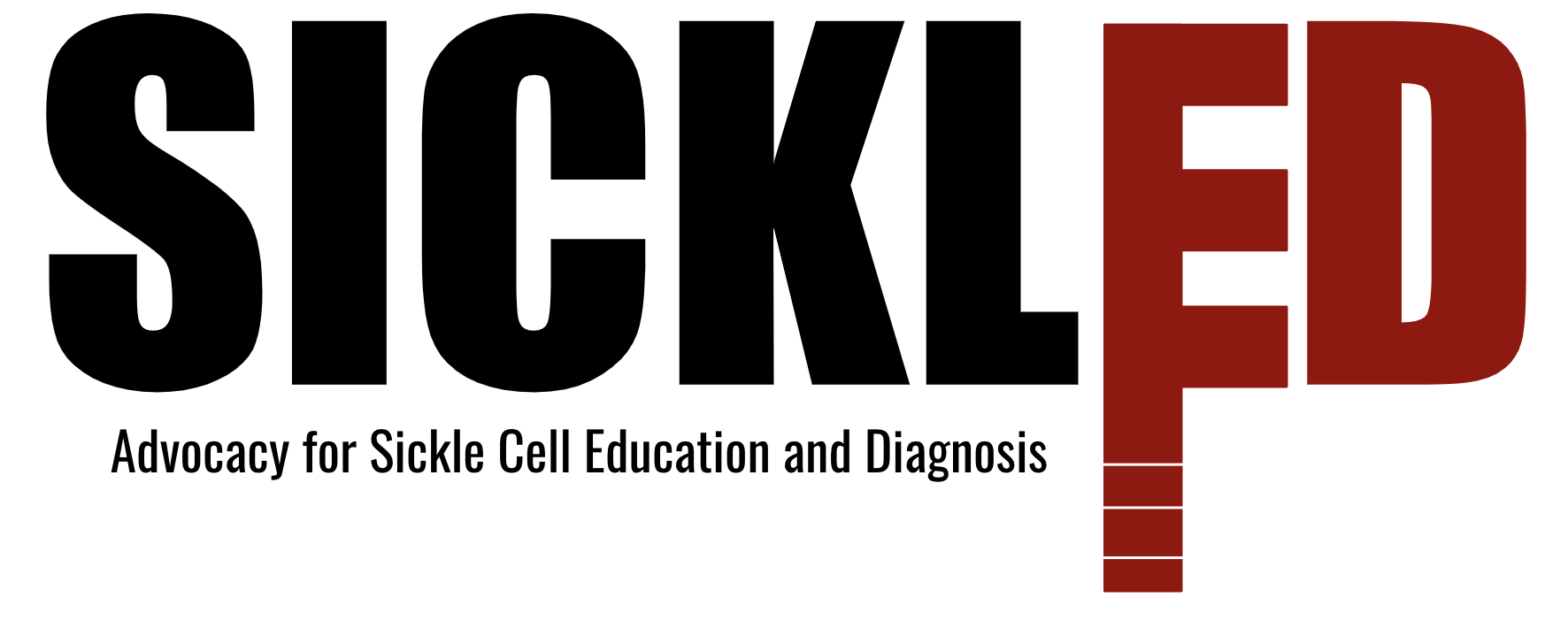On day 10, there were multiple protests (similar to those on Monday but on a larger scale) that were occurring in the city of Makeni. Due to its close proximity, it was decided best for all teams to stay at the hotel. We spent the day transcribing the multitude of interviews that we had gathered from our visit to SCCAN in Kono. We were also able to plan out our next couple of days.
The team spent the next morning outlining the Sierra Leonean healthcare ecosystem according to what we have learned thus far. We concluded that in the next couple of days it would be best to visit more private and government hospitals, to gain a well-rounded understanding of the health facilities in Sierra Leone. Furthermore, we decided to begin interviewing the general public that we find outside healthcare clinics so that we can make efficient use of our time.


Around midday, we headed out to multiple clinics south of Makeni to avoid driving through the city where demonstrations had been the previous day. To start, we visited Maboleh CHP; half the team interviewed a nurse and a CHW, and the other half talked to some members of the local community. They learned about the local community and their use of the healthcare system. However helpful, they didn’t believe sickle cell was a problem in their community which was interesting considering the statistics we have heard. Inside the clinic, they said they see 70 children under 5 in a month, including 20-25 pregnant women, depending on the season. Lower numbers of people come during the rainy season due to distance and obstacles, such as river overflow, that they might encounter. While it may be difficult to restock certain medications, they emphasized that vaccines are not difficult to obtain. A vaccine day is held for mothers and their children twice a month. Furthermore, malaria, HIV, and pregnancy are the conditions that they can test for. However, they cannot test for typhoid, another major disease, so they usually refer. When referring, people will typically go if they have their own means to do so, because transportation can be expensive. The CHW explained that he typically discusses signs and symptoms of Ebola, vaccine importance, and encourages people to come to the clinics. He either talks one-on-one or in groups when out in the community. When asked about sickle cell, neither the nurse nor the CHW knew much else than the symptom of bone pain.



At the next clinic, the Doris Acton Center, a CHC, half the group spoke with a CHW while the other half talked with a general coordinator. The CHW we interviewed covered 5 different villages, spreading knowledge about various disease signs and symptoms as well as encouraging people to visit the CHC whenever they are feeling ill. He explained the difficulty of traveling far distances to the clinic for certain villages, especially during the rainy season. Regarding sickle cell, he knew of the disease, and of 3 children who had the disease. The children will come to the clinic monthly for pain medications. He was aware of the precautions that should be taken, such as warm clothing and water. The general coordinator was a great help in the specifics of the private clinic operations. He mentioned to us that they see around 60 patients a week. This clinic’s vaccine and medicine supply seemed fairly reliable and they had capabilities to test for various diseases.
To finish the day, we headed to our third clinic: Makumpbana Community Health Post (CHP). We had attempted to stop at this CHP earlier, however, a woman was in delivery, so we were asked to return later. When we did, we were quickly informed of complications with the delivery and asked to assist by driving the woman and her child to the hospital in Makeni. We were happy to help; the team stayed behind while our driver took her to the hospital about 15 minutes away. This was a clear indicator of the lack of resources as the nurses explained they had called the ambulance, but no one answered (a common report).
While waiting for the car, we had the opportunity to sit down with two nurses. They discussed the treatments and vaccines available at the CHP, but mostly emphasized the lack of support from the government. The woman themselves had walked 12 miles to surrounding villages to administer vaccines, and 12 miles back to work a night shift at their CHP. Out of the 6 employees, only 2 were being paid, not including these women. With an education from a local university but not enough funding to go to medical school in Freetown, they explained that the best use of their knowledge was at these local clinics, despite not being paid. The staff works in 3-4 day shifts, both day and night since pregnant women commonly come at night. The fact that they weren’t paid struck us deeply, but their passion and willingness to help others was very inspiring.

